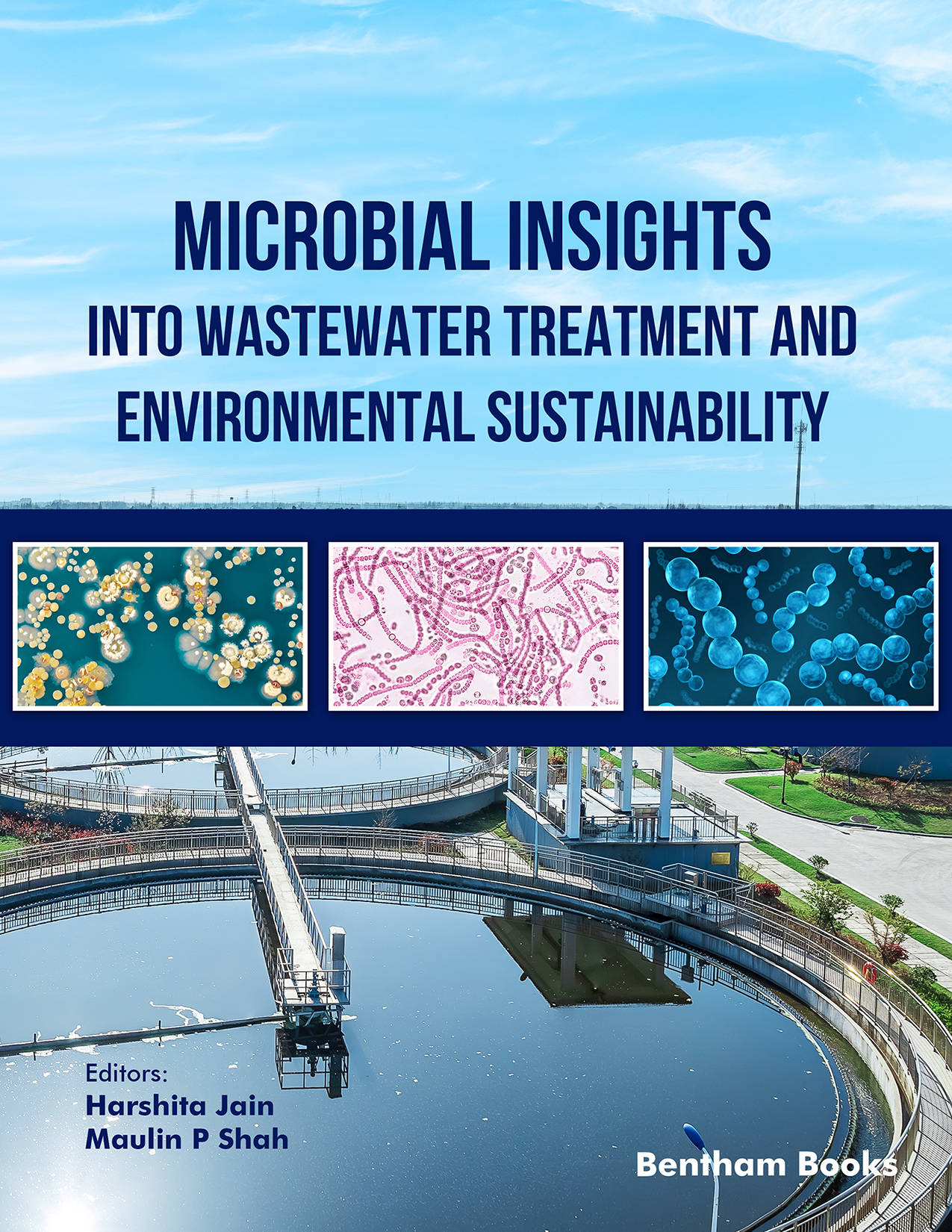Introduction
Microbial Insights into Wastewater Treatment and Environmental Sustainability examines the way microorganisms are reshaping the way we tackle environmental challenges, offering practical and science-driven strategies for wastewater remediation, pollution control, and resource recovery. Integrating microbiology, environmental science, and biotechnology, this volume reveals how microbial processes underpin sustainable solutions for ecosystem restoration and global environmental health.
The book begins with foundational concepts, such as the microbial ecology of polluted sites and mechanisms of pollutant sequestration, to specialized topics including arsenic bioremediation, microbe-driven green nanotechnology, and biocontrol innovations. It further investigates plant–microbe partnerships that enhance environmental resilience, and explores cutting-edge molecular and biosensing techniques for real-time environmental monitoring. Case studies highlight the transition from laboratory research to field-scale applications, while forward-looking sections consider microbial nanotechnology for sustainable energy generation and microbial strategies for waste valorization.
Key Features:
- - Explains microbial roles in pollution mitigation and environmental recovery
- - Demonstrates sequestration, bioremediation, and nanotechnology-based microbial innovations
- - Integrates molecular tools and biosensors for environmental health assessment
- - Applies microbial strategies to wastewater treatment, energy production, and waste management
- - Highlights real-world case studies linking theory to practice
- - Incorporates multidisciplinary insights from global research contributors
- - Advances sustainable development through microbial resource recovery
Readership:
Intended for graduate students, researchers, and professionals in environmental microbiology, wastewater treatment, biotechnology, and ecological engineering.

